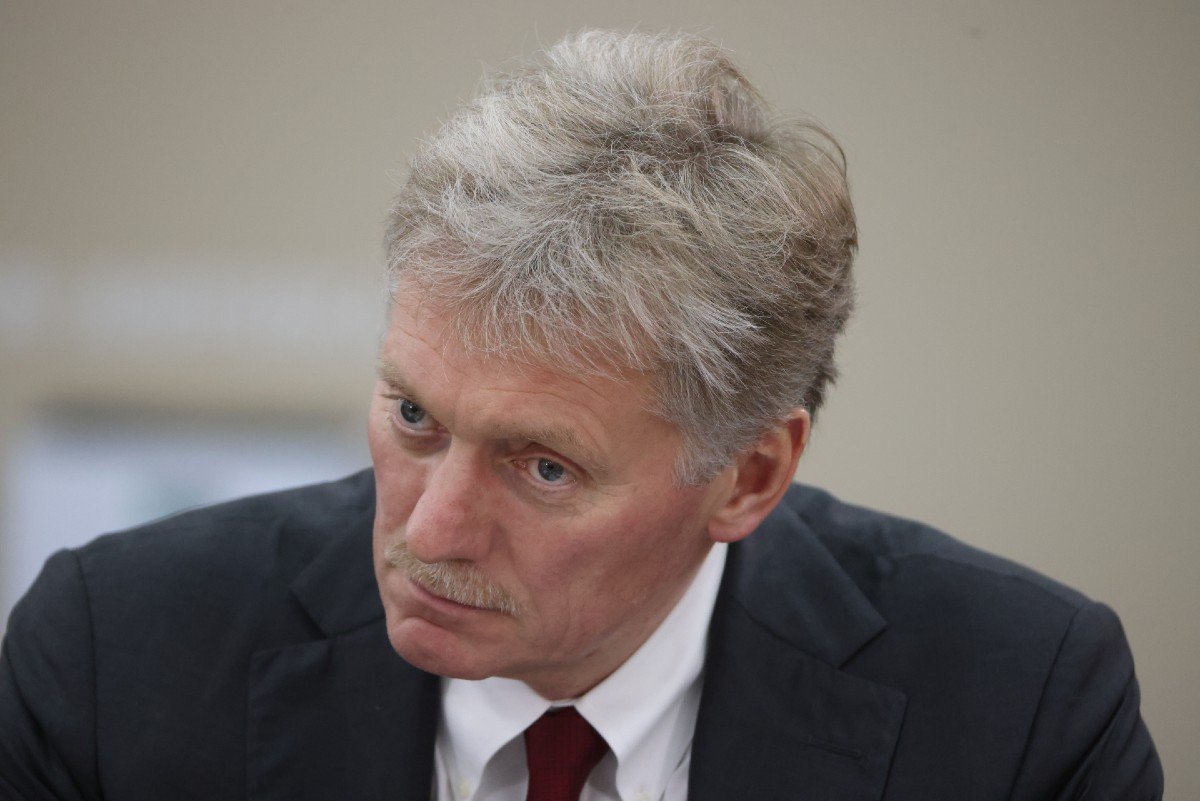European countries pose "a threat" to Russia, the Kremlin has said, after the Czech Republic reportedly warned that NATO nations were prepping for a "high-intensity conflict" with Moscow.
"It is not Russia that threatens Europe, but Europe that poses a threat to Russia," Kremlin spokesperson Dmitry Peskov said in remarks to Russian state media journalist, Pavel Zarubin, which were posted online on Thursday.
Peskov's comments come after Czech President Petr Pavel appeared to suggest Russia was the most significant threat faced by the four ex-Soviet European and NATO countries gathered in Prague on Wednesday.
During a summit with Poland, Hungary and Slovakia—collectively known as the Visegrad Group—the Czech leader was quoted in Russian media as saying European militaries were preparing for "high-intensity conflict" with Moscow in the wake of the Russian invasion of Ukraine. Newsweek has reached out to the Czech government to confirm these remarks.

The Czech Republic, along with Poland, have been firm supporters of Ukraine's war effort against Russia. The Czech Republic has funneled military aid to Ukraine, including weapons and main battle tanks, while Poland and Slovakia were the first NATO nations to declare they would provide Ukraine with jets, back in March 2023.
However, Slovakia's new government, led by Prime Minister Robert Fico, has announced it will halt military aid to Ukraine, and Hungarian Prime Minister Viktor Orbán has repeatedly criticized European aid to Kyiv. Orbán met Russian President Vladimir Putin in October. However, speaking at a press conference on Wednesday, Pavel said that the four countries had "all agreed that it is in our imminent interest that Ukraine succeeds," according to the Associated Press.
NATO, while pouring military aid into Ukraine, has been wary of escalating the grueling war and careful not to engage directly with Moscow. Fears of broadening the conflict have been pervasive, and should the war involve a current NATO member, the alliance would be obliged to collectively respond.
Earlier this week, Polish President Andrzej Duda said that if Russia is not defeated in Ukraine, "it will attack again."
"We have no doubt that today Ukraine is the place where the fate of our security is at stake," he said in remarks reported by Polish news agency, PAP.
Ukrainian President Volodymyr Zelensky has positioned Ukraine as the gatekeeper of European security, saying in early October that European nations can help make sure that a "drone, tank, or any other Russian weapon will not strike anyone else in Europe."
"The presence of Russia, its military or proxies in the territory of any other country is a threat to all of us," he said. "We must work together to push Russia out of the territory of other countries."
Uncommon Knowledge
Newsweek is committed to challenging conventional wisdom and finding connections in the search for common ground.
Newsweek is committed to challenging conventional wisdom and finding connections in the search for common ground.
About the writer
Ellie Cook is a Newsweek security and defense reporter based in London, U.K. Her work focuses largely on the Russia-Ukraine ... Read more
To read how Newsweek uses AI as a newsroom tool, Click here.





